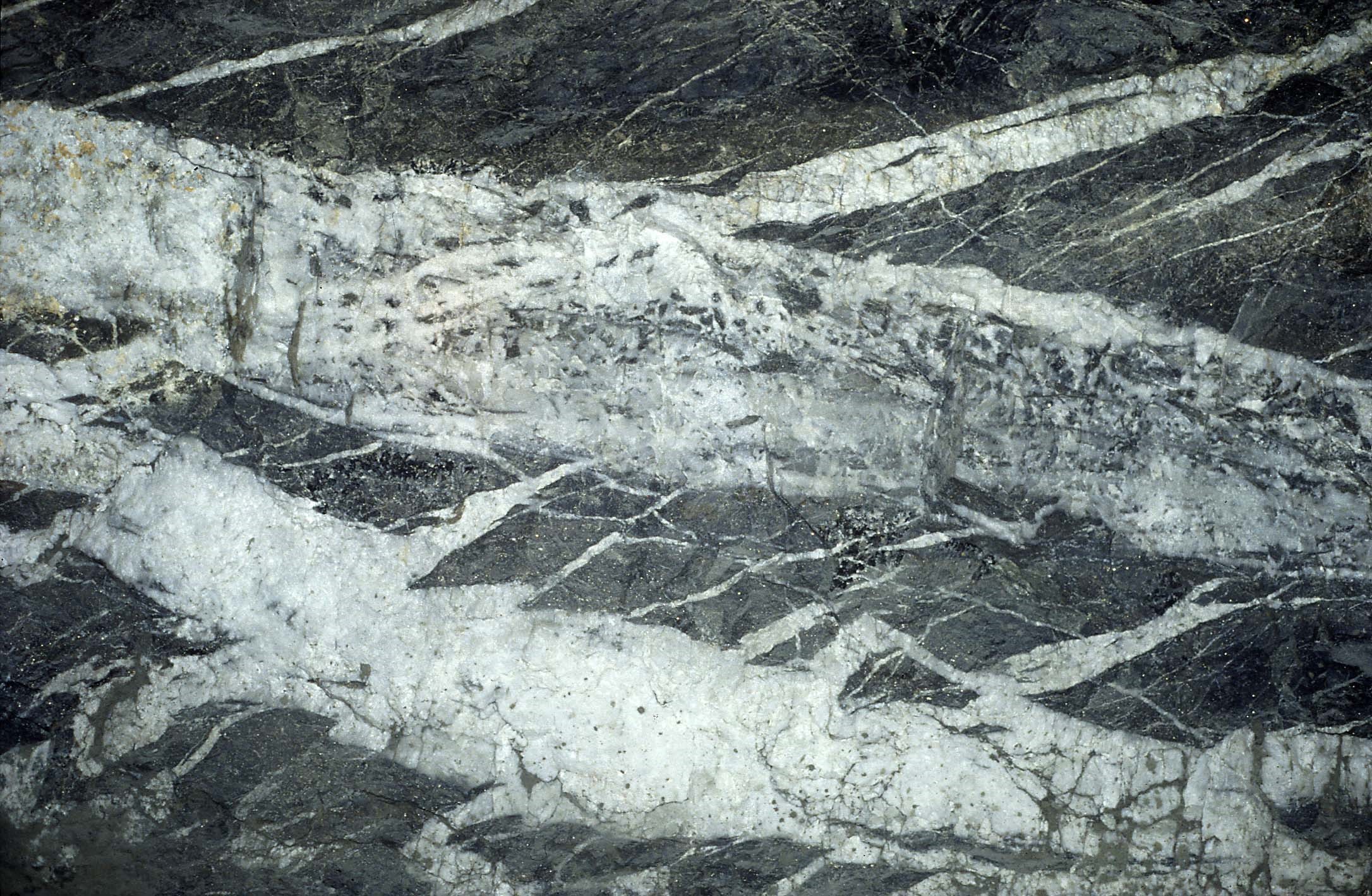
- This event has passed.
Shock and Ore: links between deep crustal fluid migration, earthquake swarms and ore deposits

EGRU invites you to join us for a talk by 2024 Haddon Forrester King Medallist:
Professor Stephen F Cox
Research School of Earth Sciences, The Australian National University
The talk will be followed by an informal social event with snacks and drinks.
Abstract
Active faults provide transiently permeable fluid pathways that allow the episodic escape of fluids from deep crustal reservoirs towards the Earth’s surface. In the process of migration, changes in the pressure and temperature of these fluids, as well as reactions with wall rocks, can lead to the formation of ore deposits. This process involves large fluxes of highly pressurised fluids through intrinsically low permeability host rocks.
Deep fluid injection experiments, along with natural, fluid-driven earthquake swarms, demonstrate that injection of highly pressurised fluids into low permeability rock produces distinctive, migratory earthquake swarms that involve thousands of small earthquakes. This contrasts with more typical crustal seismicity in which tectonic loading drives mainshock-aftershock sequences. These swarms are providing new insights about the extreme dynamics of ore formation in active fault zones.
This work has implications, not only for mineral exploration, but also for development of geothermal energy resources, potential pitfalls associated with deep sequestration strategies, and for our understanding of seismic hazards and the escape of volatiles, such as CO2, from the Earth’s interior.
Stephen Cox is an emeritus professor in the Research School of Earth Sciences at the Australian National University. His research interests are primarily in the coupling between deformation processes and fluid flow in crustal regimes, with applications to ore genesis and earthquake mechanics. His research is pursued via field-based studies, microstructural, microchemical and stable isotope analyses, high-pressure – high-temperature rock deformation experiments and numerical modelling. He holds a BSc (Hons) degree from the University of Tasmania and a PhD degree from Monash University.
Stephen was the SEG Distinguished Lecturer in 2007 and was awarded the Hobbs Medal by the Geological Society of Australia’s Specialist Group in Tectonics and Structural Geology in 2010. He was the Haddon Forrester King Medallist of the Australian Academy of Science in 2024.
Times
Tuesday 26 August
Talk: 3:00 – 4:00pm
Social Event: 4:00pm – 5:00pm
Locations
JCU Townsville, Bebegu Yumba Campus, Douglas
Talk: Room 117, Building 506
Social Event: Building 502, Skybar
Please register if you plan to come along (registration is free).
For further information please email: EGRU_training@jcu.edu.au
Image courtesy of Stephen Cox: Victory system, St Ives Goldfield, WA




